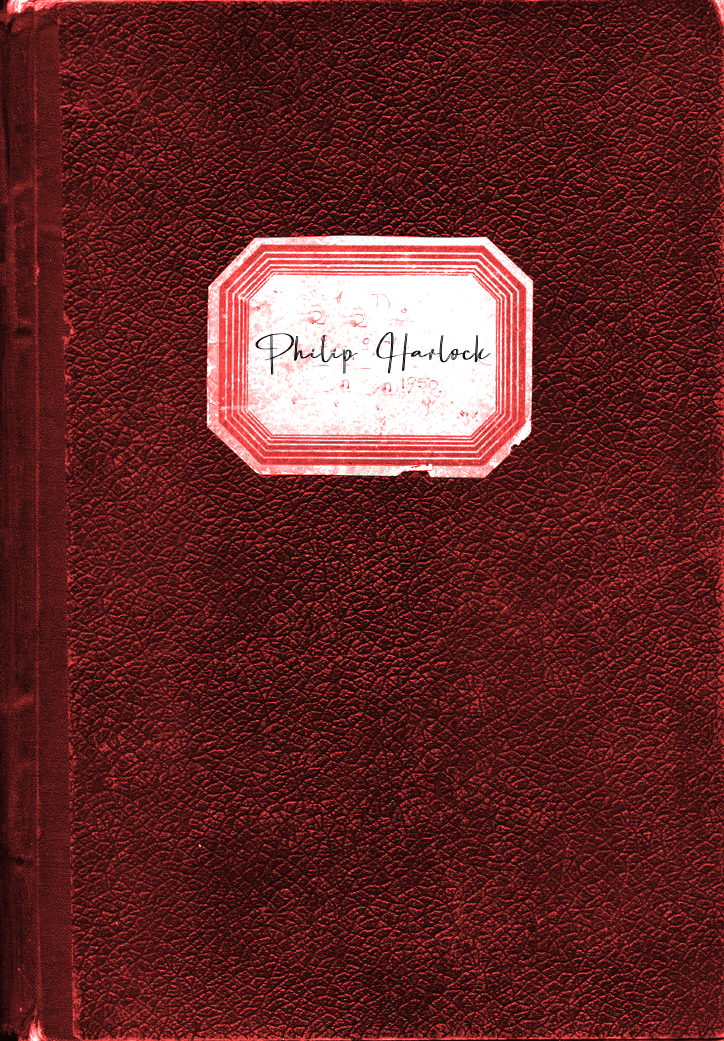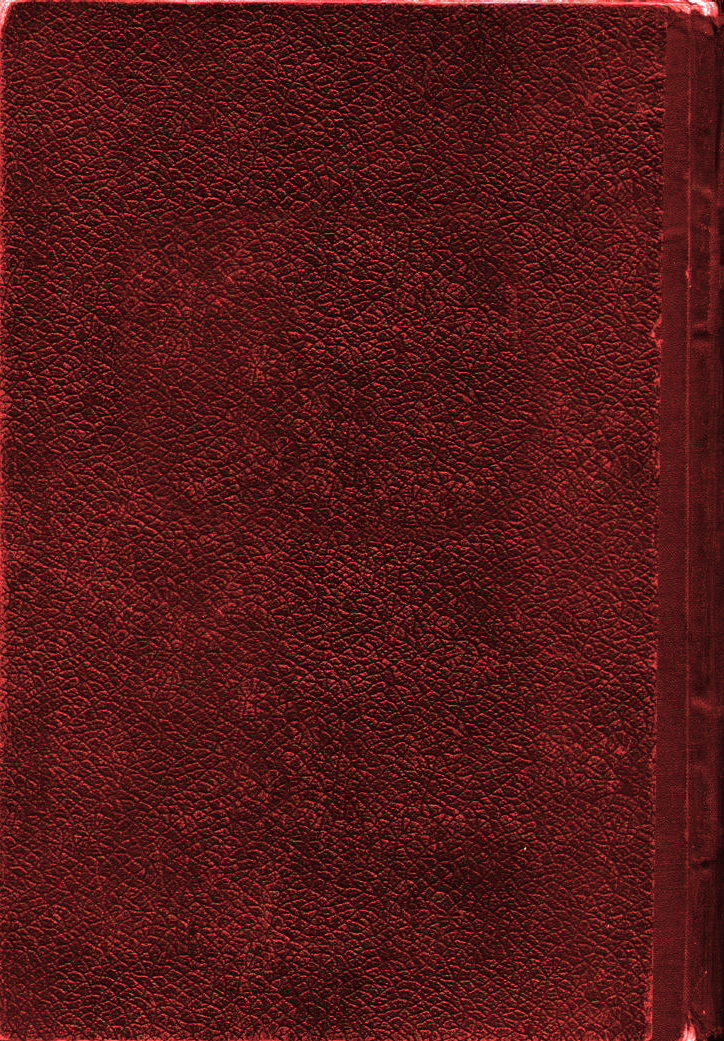
The found remnants of Philip Harlock's journal in chronological order.
![[A handwritten page, appearing like it’s torn from a journal]
February 4
Marjorie attempted to get me to leave the house today. “You’ve been cooped up in there all winter,” she said. I told her I wasn’t well and that she should come back another day.
I feel fine, of course. But I’ve no desire to interact with the world today. The girl from the grocery store brings me food and necessities every week. I’ve no need to walk about in the sun, and see the “sights.” I have all the sights I need here in the house, and in my books. Fresh air holds no appeal, particularly in this cold month. Perhaps in Spring I’ll venture out, and make Marjorie happy.
Summer at the latest.
February 7
Heard the child’s laughter again today. I suspect there must be some little animal in the walls.](https://file.garden/Z3Hh4pAjyGTEZiDi/journal/livingroom-show-remnant1.jpg) Living Room
Living Room
![[A handwritten page, appearing like it’s torn from a journal]
December 10
My old teacher referred to something he called a mind palace. He said that it was a place where he could mentally preserve all his thoughts, his memories, and his ideas. He visualized it as an actual place. The thoughts and ideas became objects within this place, carefully organized and stored away. Some might be carefully protected, locked away, and some might be displayed prominently. He could then visit his mind palace whenever he wanted. By visiting over and over, always visualizing the objects that represented his thoughts and memories in the same places, he made it very real, at least to him. He could close his eyes and see himself there, strolling the halls, visiting the rooms, and he wouldn’t even have to consciously remember where he placed which object. They were just there, ready for him to peruse.
While he originally created his mind palace as a way of remembering everything he wanted to remember, he said that it became far more than that. He felt as though it was truly a retreat designed only for him. A place of respite only he could visit. He reveled in the privacy of it. And he insisted that it preserved his memories so completely that they could replay in his mind, like perfect recordings.](https://file.garden/Z3Hh4pAjyGTEZiDi/journal/storeroomofsorts-show-remnant2.jpg) Storeroom Of Sorts
Storeroom Of Sorts
![[Handwritten notes, in the same hand as found in most of the journal entries]
Eulogy.
I can’t begin to My father was When I think of my father
My father was not
When I was asked to give this eulogy
My father was a cruel hard stern strong man. A strict disciplinarian.
He was beloved by all. Beloved by none. My beloved father taught me the value of
[Angry scribbling.]](https://file.garden/Z3Hh4pAjyGTEZiDi/journal/lyinginstate-show-remnant3page1.jpg) Lying In State
Lying In State
![[Page 2 of handwritten notes, in the same hand as most of the journal entries. Everything other than “I can’t do this” has a single, big X over it.]
The dark brooding of my father haunts me to this day. Becoming a man under his hateful, tortured gaze was difficult, like living in a nation in the grip of an aging tyrant. He shaped what my brother became, and my sister. And, obviously, me. His presence and his actions explain much of my mother, but not all.
It serves little purpose to hate or fear someone who is dead. And yet [scribbles]
When I was young, I found a notebook of his, in which he talked about his “great plan” and his “elaborate work.” I could not understand what I read at the time, and as a man, I only remember a few words and phrases: Hunger. Destiny. Key of All Flesh. But what I remember most clearly is the phrase, “it wears a human face.”
And there was something about the cellar.
When I asked him about it—God, why did I do that? I was young and did not understand—he bellowed. “Do not interfere with the Great Work. It is more important than you or I!” There was probably more, and probably violence. But I don’t remember. Just the suggestion of my unimportance, and “it wears a human face.”
He would disappear for days at a time. Those times were welcome and I stopped asking Mother where he had gone or how long before he got back. She never really answered anyway. And when he would return, he acted as if he’d never left. I didn’t understand as a child, but now, as a man, perhaps I do. A little. This was his house, after all.
I will walk these dark, lonely halls with the certainty that his dreadful gaze is always upon me. He always stands just behind and above my shoulder.
I can’t do this.](https://file.garden/Z3Hh4pAjyGTEZiDi/journal/lyinginstate-show-remnant3page2.jpg) Lying In State
Lying In State
![[A handwritten page, appearing like it’s torn from a journal]
December 17
I’ve begun work building my own mind palace. Rather than make up some fantastic castle or grand manor, however, I’ve just used this house. I find it easier to sustain this “mental location” using a place I’m very familiar with.
The thing is, I already find that in order to place all the thoughts and memories I want to preserve within it, I have to change things. Rooms are bigger in my mind palace than in the real house, for example. The mental objects I’m placing there don’t match the contents of the actual rooms. But that’s alright. I don’t regret my choice to base my palace on this house. I love this house. Funny old place. It sat vacant for so long before we came along. At least, that’s what I understand to be true. The actual origins of the place are a bit murky.
As a child, I always hoped for a happy family here. My father made that impossible, though. And by not helping me, my mother helped him. I always sought a way to protect my younger brother. I wondered what would happen to him, growing up here with our family. Well, these are the kinds of thoughts I can put in my mind palace I suppose.](https://file.garden/Z3Hh4pAjyGTEZiDi/journal/library-show-remnant4.jpg) Library
Library
![[A handwritten page, appearing like it’s torn from a journal]
April 7
The bone key allowed me into the Armory for the first time. I had no idea there was such a place in the house. I took a knife from there that seemed to want to leave with me.
April 9
This knife. This eager knife. It wishes to kill. I should return it to the Armory. I am afraid of that place, however. Something dwells there now, I can feel it. I can smell it, like metal shavings and newly drawn blood. Whatever it is, it is like the knife. Perhaps they are one. Perhaps they should be reunited.](https://file.garden/Z3Hh4pAjyGTEZiDi/journal/emptyroom-show-remnant9.jpg) Room with a Hidden Elevator
Room with a Hidden Elevator
![[On a sheet of music (Marchenbilder, Op.113 – Viola and Piano Score, Viola and Violin Parts), handwriting matching that of the majority of the journal entries]
Oh dearest sister, your love of all things secret and forbidden will be the end of you someday. Some things are unknown because they should stay unknown. What darkness do you get up to in that hidden chapel deep within the house, I wonder?](https://file.garden/Z3Hh4pAjyGTEZiDi/journal/musicroom-show-remnant18.jpg) Music Room
Music Room
Can you find the rest?
